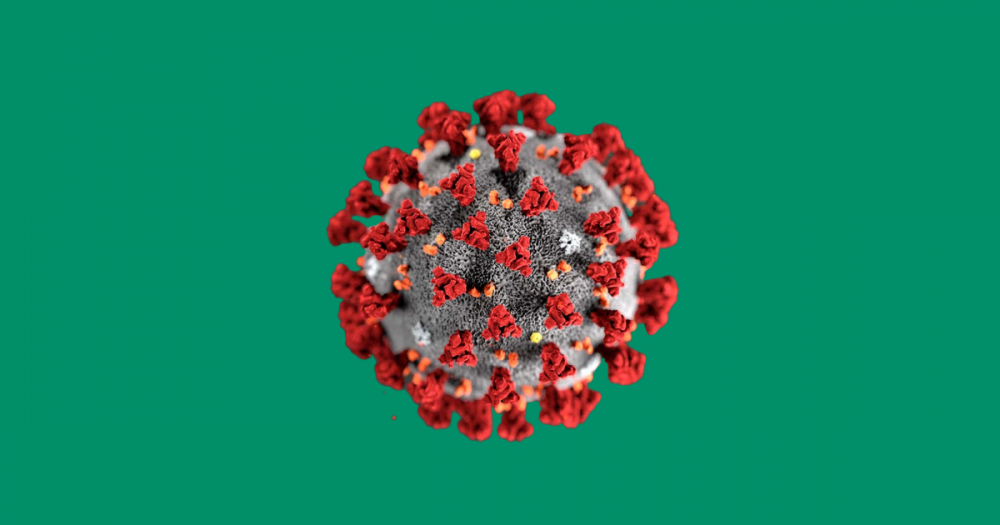
Leveraging New Technologies Can Help Protect Families During Covid-19
Leveraging new technologies can help protect families during Covid-19
Families worldwide have been put under tremendous strain as a result of the ongoing crisis. Discrimination and deep-seated gender inequalities have ensured that the dice are rolled against women and girls. As quarantine measures compel people to stay at home and close schools and day-care centers, the burden of unpaid care and domestic work on women has grown exponentially.
Young people, too, face their share of difficulties. Due to school closures and curfews, children and adolescents are missing out on education and are more susceptible to mental health problems. Individuals over the age of 65 have been subjected to the most stringent isolation, as they continue to be at a higher risk of death as a result of Covid-19. It is obvious that this has a detrimental physical and psychological effect on them.
The International Day of Families, which is observed annually on May 15, focuses on the impact of new technologies on family well-being. The prolonged pandemic of Covid-19 demonstrates the critical role of digital technologies in shaping our world. Simultaneously, it has highlighted the importance of taking vulnerable populations and pre-existing inequalities into account when accelerating the use of digital platforms and technological solutions.
Poonam Muttreja, Executive Director, Population Foundation of India, stated, "Providing women and children with access to technological solutions across sectors is critical for ensuring their health and safety, particularly during the Covid-19 pandemic." Previous epidemics, such as Ebola (2014-16) and Zika (2016), indicate that women and children are more vulnerable to exploitation and violence. Women's economic and productive lives are disproportionately impacted, and they spend more than twice as much time performing unpaid caregiving tasks. We have seen the impact of lockdowns on maternal health, with women unable to access maternal care. We must leverage online platforms and innovate in the future to address gender-based violence and threats to women's health and employment.”
Benefits of technology during this Covid-19 period
By providing platforms and tools to protect livelihoods during lockdowns, digital connectivity has facilitated information sharing and aided in mitigating the economic impact of Covid-19. Numerous students have continued their education through online classes. Those fortunate enough to be able to work from home have benefited from advancements in technology that enable seamless information sharing even when away from the office. Digital technologies have aided in the dissemination of information about Covid-appropriate behaviors and the availability of health services. The public has benefited enormously from telemedicine services, which have enabled safer and more timely healthcare delivery.
Despite the obvious benefits of technology to families, the digital divide between demographics and regions with access to internet-connected devices continues to be significant. In India, 78 percent of the population, or approximately 1.06 billion people, have mobile phone connections (2020), and more than 574 million people have internet access (2019). While the country's internet user base is expected to reach approximately 900 million by 2025, large swaths of the country continue to have limited or no access today. In 2019, only 46% of users in India were from rural areas, and only 35% of women and 37% of school-aged children had access to the internet. The digital divide by age has exacerbated the negative effects of isolation on the elderly, who may lack the ability to use available technologies.
The Population Foundation of India has been collaborating with partner organizations to protect the well-being of families, particularly women and children. Given the negative impact of the Covid-19 crisis on already marginalized and vulnerable groups, it will be critical to develop support systems in the coming months to mitigate this impact. From a technological standpoint, equipping women and children with the tools necessary to continue their education, connect with support networks, and access timely and effective medical care could go a long way.
Course and Certification
Health Management Information System Course and Certificate
Human Computer Interface Course and Certificate
Information Technology Fundamentals Course and Certificate
Management Information System - MIS Course and Certificate
BioTechnology Course and Certificate

